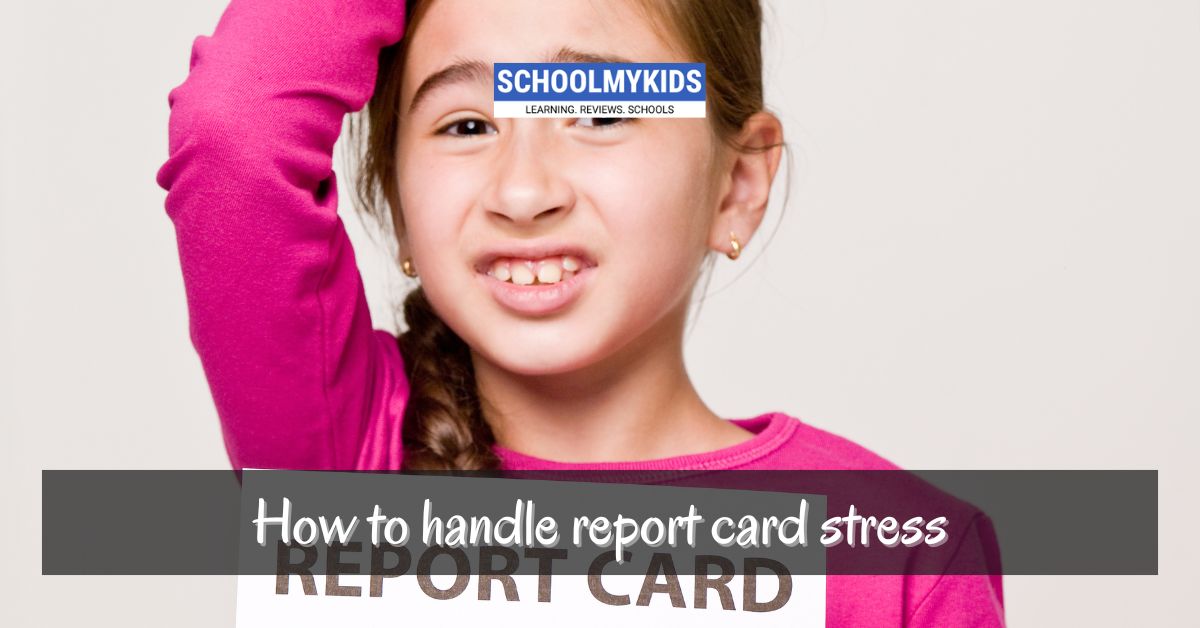“You could have studied more!”
“We expected an A on your report card.”
These are some of the reactions most parents have when they come across the final examination results. In this hustle, they often forget to realize that kids must have put in their efforts and worked really hard for the exams. After all, the marks are not a reminder of how hard your child is actually trying. The fact is— not all students have the same high learning capacity. Some students might really perform well in the exams even after spending so much time playing. However, some might not.
The situation is equally overwhelming for the students as well. Read below this article to learn how you can handle your report card stress.
Time To Self-Assess
Sometimes, jumping directly into discussions about bad grades is not really needed. Rather, it’s time to help your child self-assess their progress—are they actually putting efforts into self-study, what is the study approach they are following, and what are their weak points and concepts? This way, they will be able to identify their strengths and weaknesses, which will indeed be a kickstart to their better learning journey.
Set Targets
Progress is what matters more than grades. Instead, view report cards as a reminder of their growth journey. Thus, your child will be able to understand how to prioritize their efforts and not just the end results. However, if you see a repetitive pattern in scores, maybe you should switch their learning plan and set goals for the long run. This little action of yours will ensure your child is less anxious while handing out his report card to you.
Communication With Teachers
Bad grades are not an indication of failure. You just need to figure out where your child is actually lying. Therefore, we recommend that you stay in touch with your child’s teachers regularly, either via phone, text, or email. Ask them about your kid’s progress in English, math, grammatical errors, or any silly mistakes he might be negligent of. Thus, by actively being a part of the learning journey together in the challenging areas, you can help them achieve their future results.
A Much-Needed Break
Addressing the bad results when your child is demotivated, even after trying too hard for his preparations, is not the first thing to do. Give your child the time to sit back, relax, and give himself a little break so that he feels less anxious. For parents too, it’s important to calm yourself down. Just sit back with a cup of tea or listen to some peaceful music before actually initiating any conversations.









Be the first one to comment on this story.